Virgil Lamar Ware, known as Virgil Ware, was born on December 6, 1949. He grew up in Pratt City, a suburb of Birmingham, Alabama. The third of six children, Ware was an excellent student who enjoyed playing football and wanted to become an attorney.
When a bomb went off at Birmingham’s 16th Street Baptist Church on the morning of Sunday, September 15, 1963, it killed four young girls (Addie Mae Collins, Denise McNair, Carole Robertson and Cynthia Wesley) and sent racial tensions in the city spiraling to a new high. That day, Ware—unaware of the bombing—set out with his brother to find a bike so that he could take part in a paper route. It was while on this errand that Ware encountered two white 16-year-olds: Michael Lee Farley and Larry Joe Sims.
Farley and Sims—Eagle Scouts who had attended a segregationist rally earlier in the day—had heard of the bombing, and of the protests that were going on in the city. Thinking that Ware and his brother had been throwing rocks, Farley directed Sims to scare them by shooting Farley’s handgun as they drove past on a motorbike. After Sims fired, Ware tumbled off the handlebars of his brother’s bike. Sims and Farley did not stop to find out why.
Hit in the chest and face, the 13-year-old Ware died on the Docena-Sandusky Road on the outskirts of Birmingham. In addition to the young women killed in the bombing, Ware’s September 15, 1963 death followed that of Johnny Robinson, who had been killed by a policeman a short time earlier.
When confronted by police, Sims confessed to shooting Ware, saying he had done so accidentally, as he had fired with his eyes closed. Sims and Farley were charged with first-degree murder. At trial, Sims was convicted of second-degree manslaughter; Farley pled guilty to the same charge. They were both sentenced to seven months in jail, but a judge then altered the penalty, giving them two years’ probation instead. Decades later, Sims and Farley both apologized to Ware’s family.
Buried with no headstone, the condition of Ware’s grave deteriorated over the years. After a news story shared this information, donations were sent in to help. Ware was reburied in a new grave, with a marker, in 2004.
Though the deaths of the four girls received more attention for years, Ware is now acknowledged as another “foot soldier” of the Civil Rights Movement. In 2013, he was inducted into Birmingham’s Gallery of Distinguished Citizens.

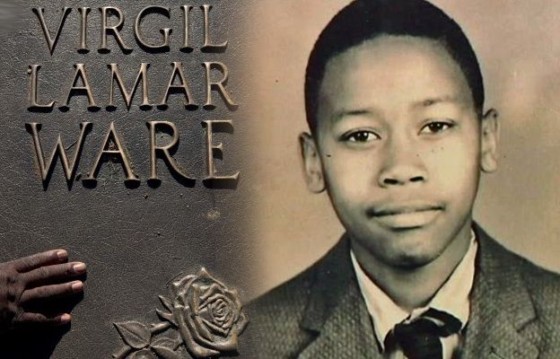



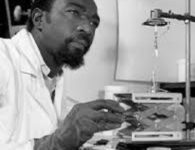


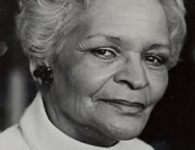


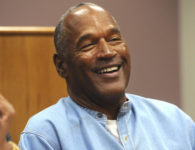
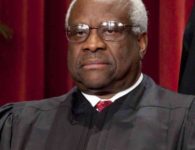


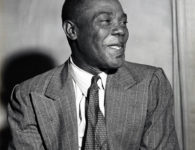

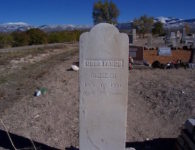
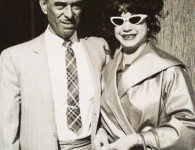
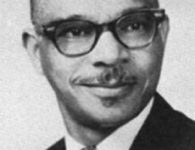

7 Comments
You actually make it seem really easy along with your presentation however I in finding this topic to be really
something which I feel I would never understand. It seems too complex and very extensive for me.
I am having a look ahead on your next put up,
I’ll try to get the hang of it!
This information is priceless. Where can I find out more?
Great article. I am experiencing many of these issues as
well..
I am really enjoying the theme/design of your weblog.
Do you ever run into any browser compatibility problems?
A handful of my blog audience have complained
about my website not working correctly in Explorer but looks great in Opera.
Do you have any tips to help fix this problem?
Hello friends, its impressive piece of writing about
cultureand fully explained, keep it up all the time.
Howdy! This blog post couldn’t be written much better!
Looking at this article reminds me of my previous roommate!
He constantly kept talking about this. I’ll forward this post to him.
Pretty sure he’s going to have a great read. Thank you
for sharing!
My relatives every time say that I am killing my time here at
net, except I know I am getting knowledge everyday
by reading thes nice articles.